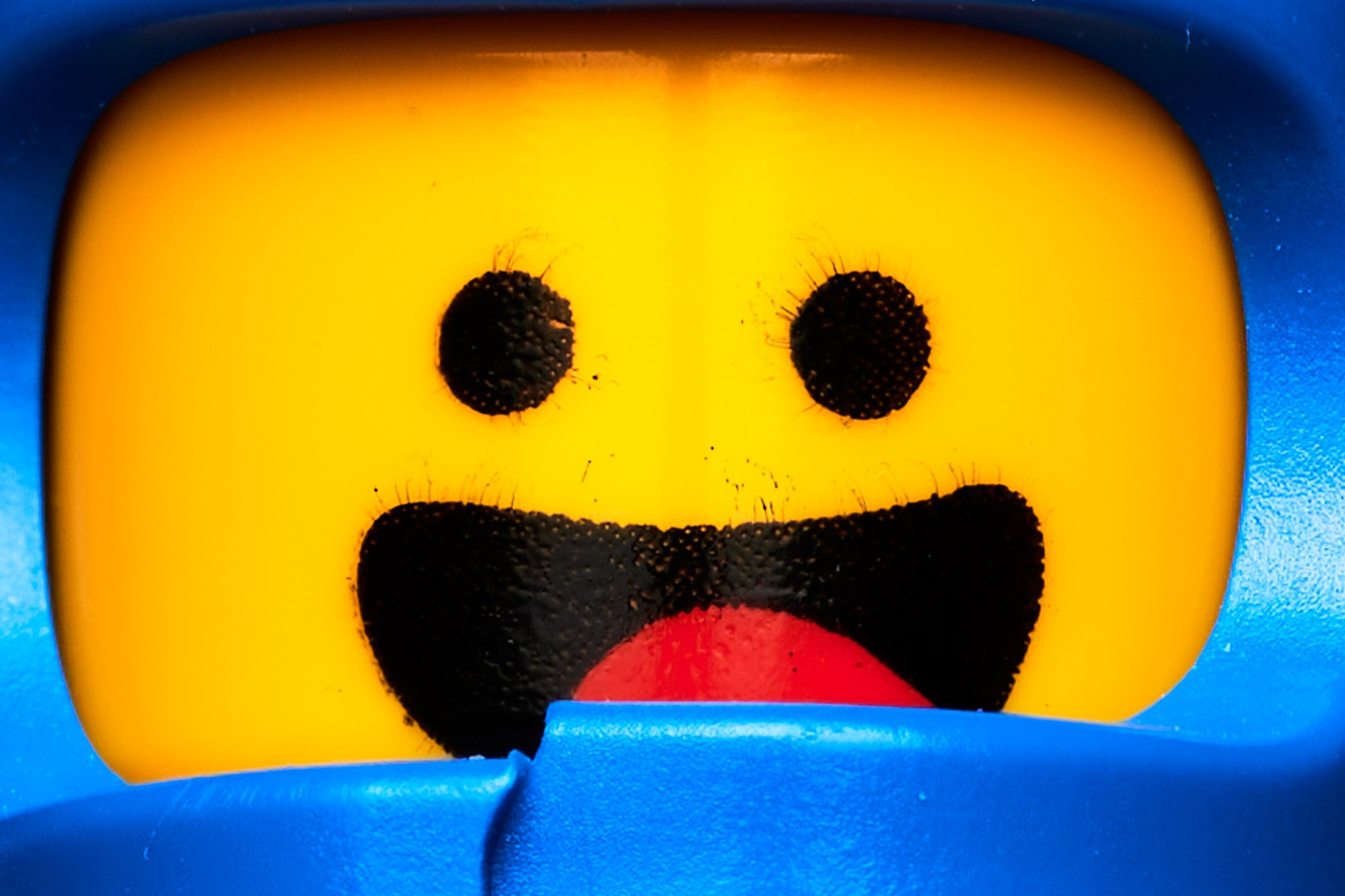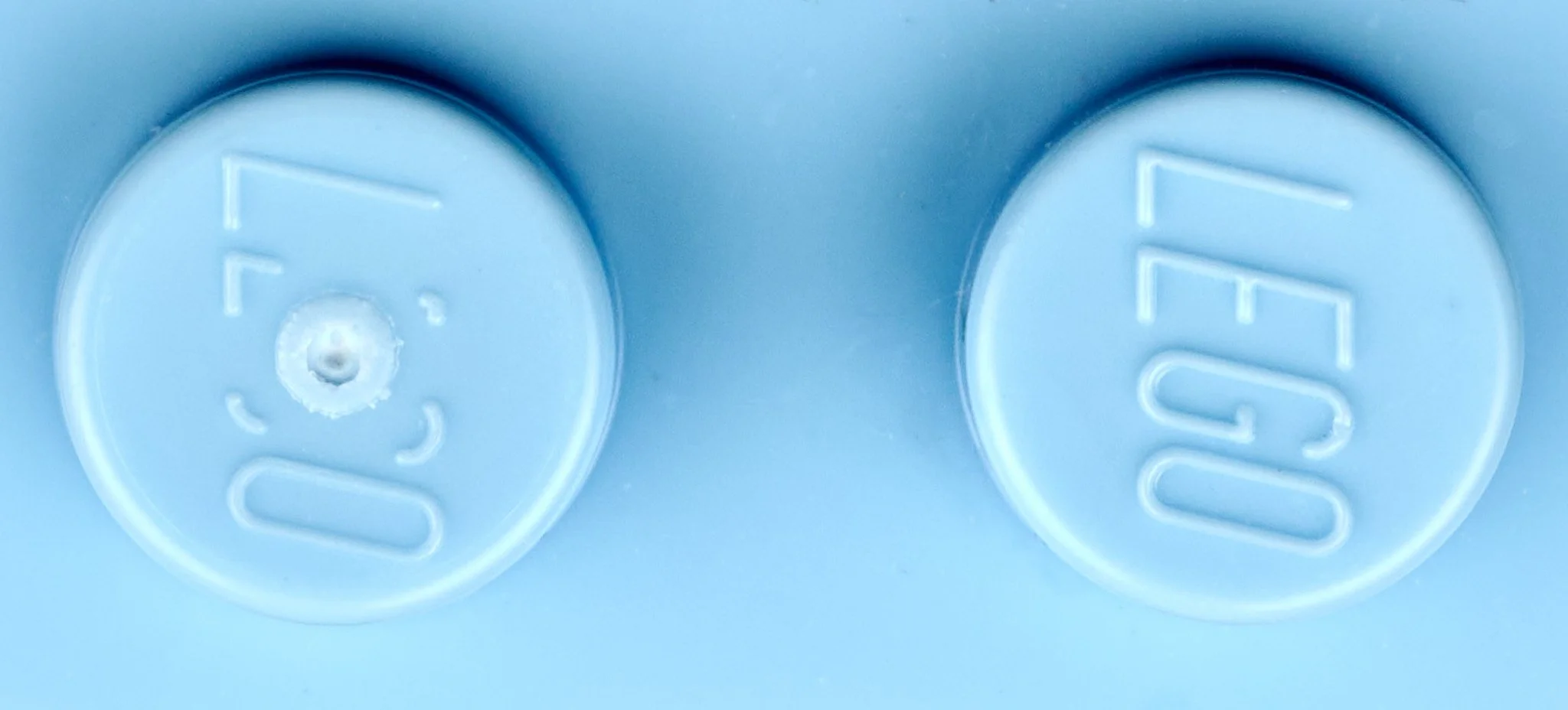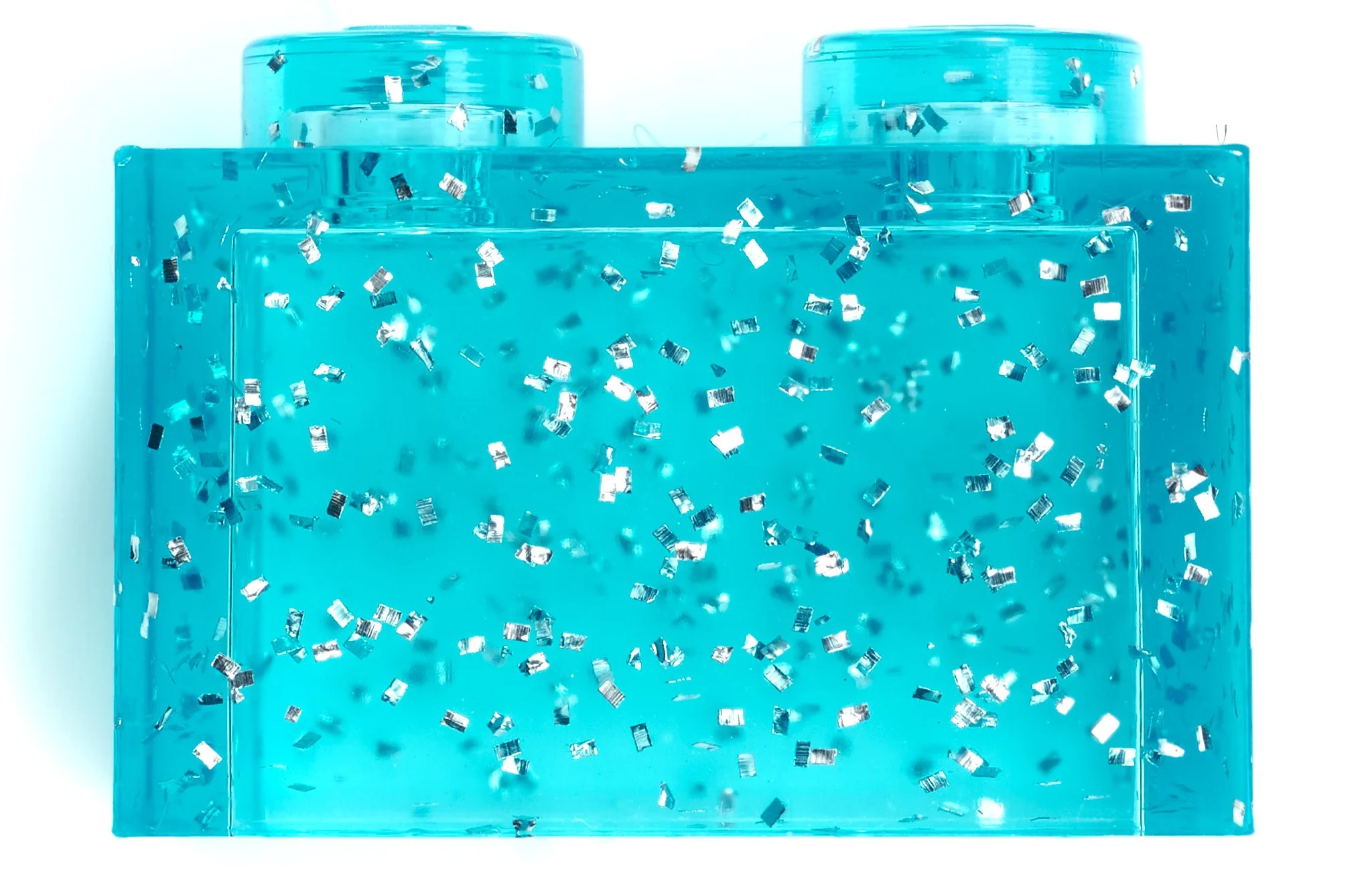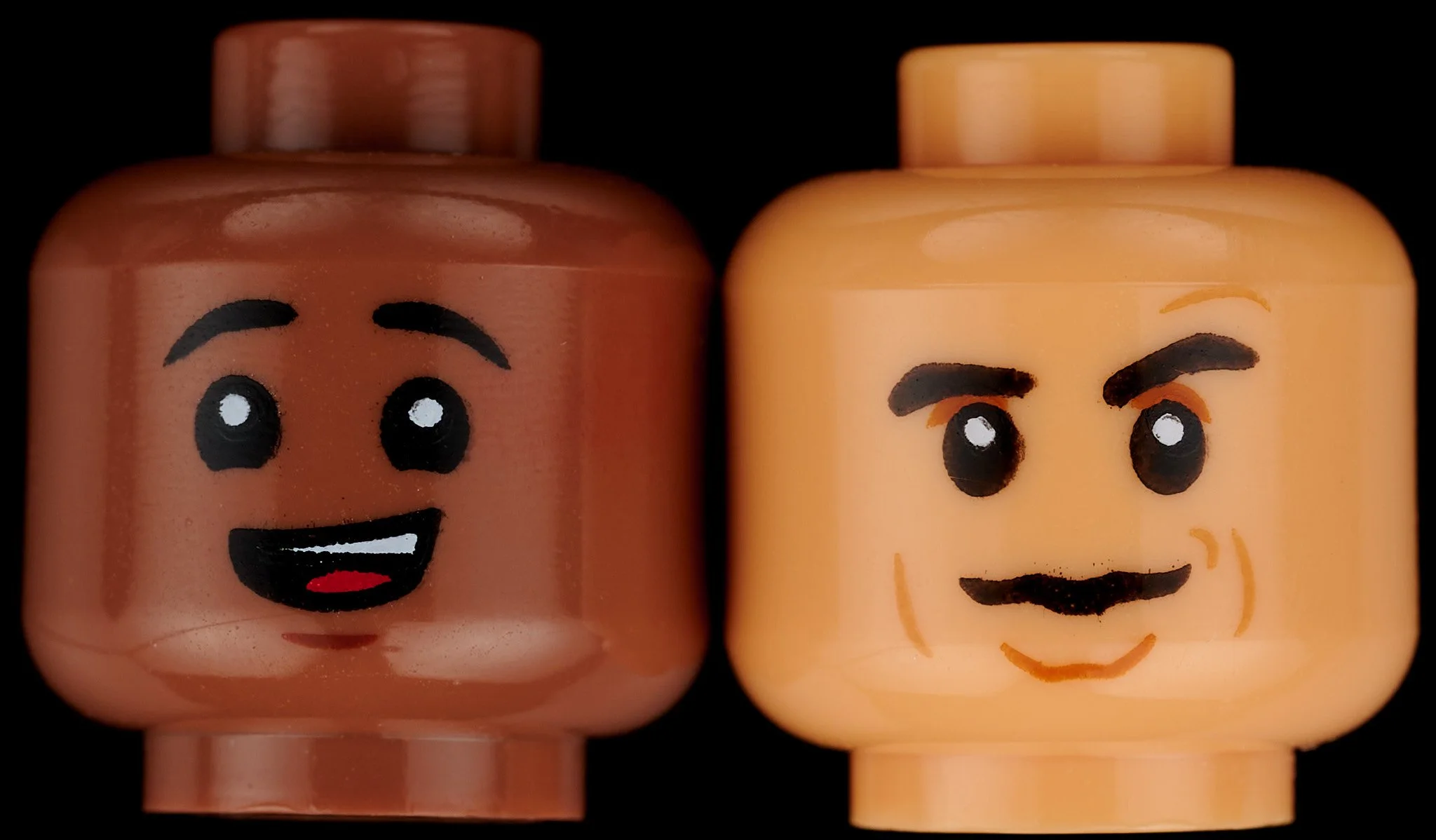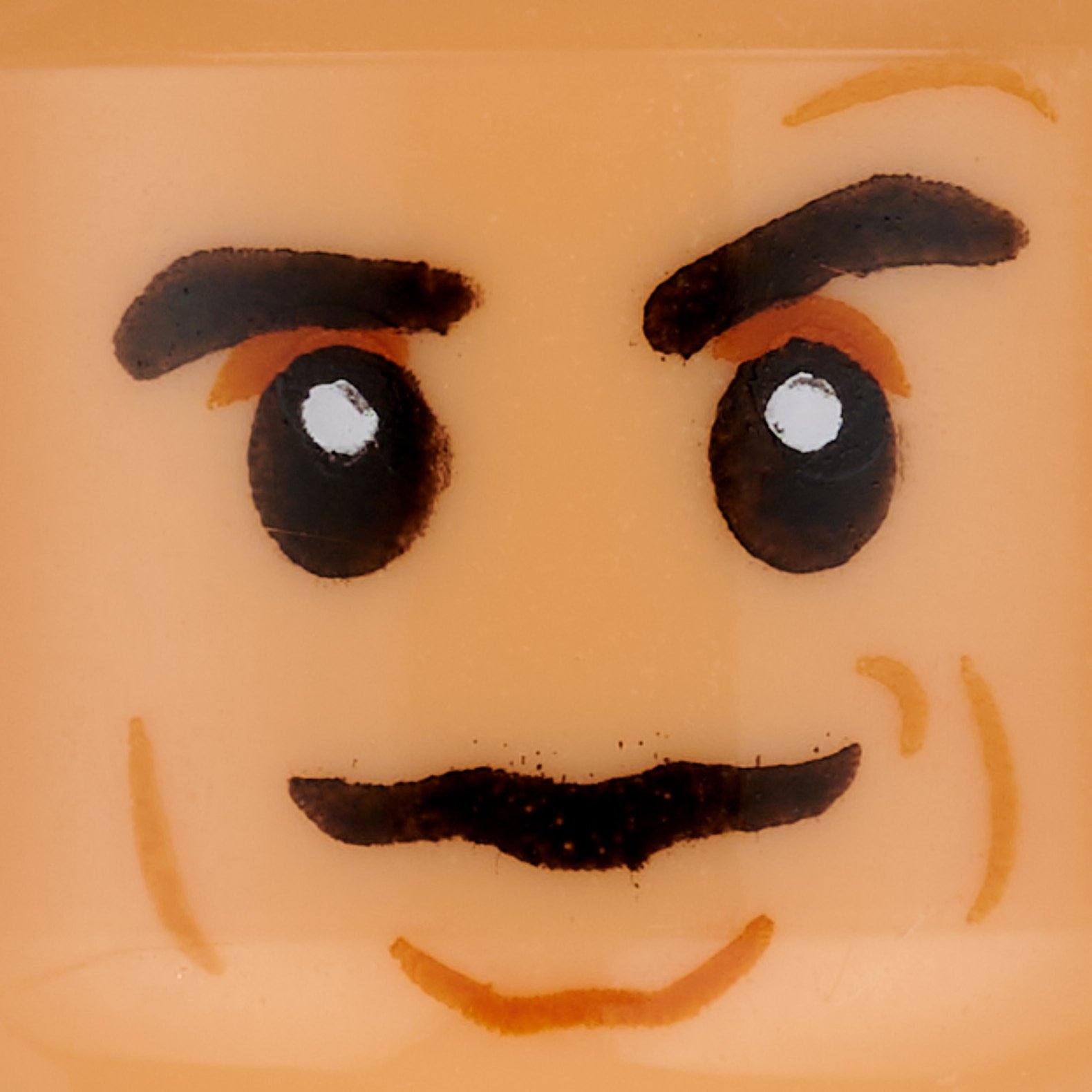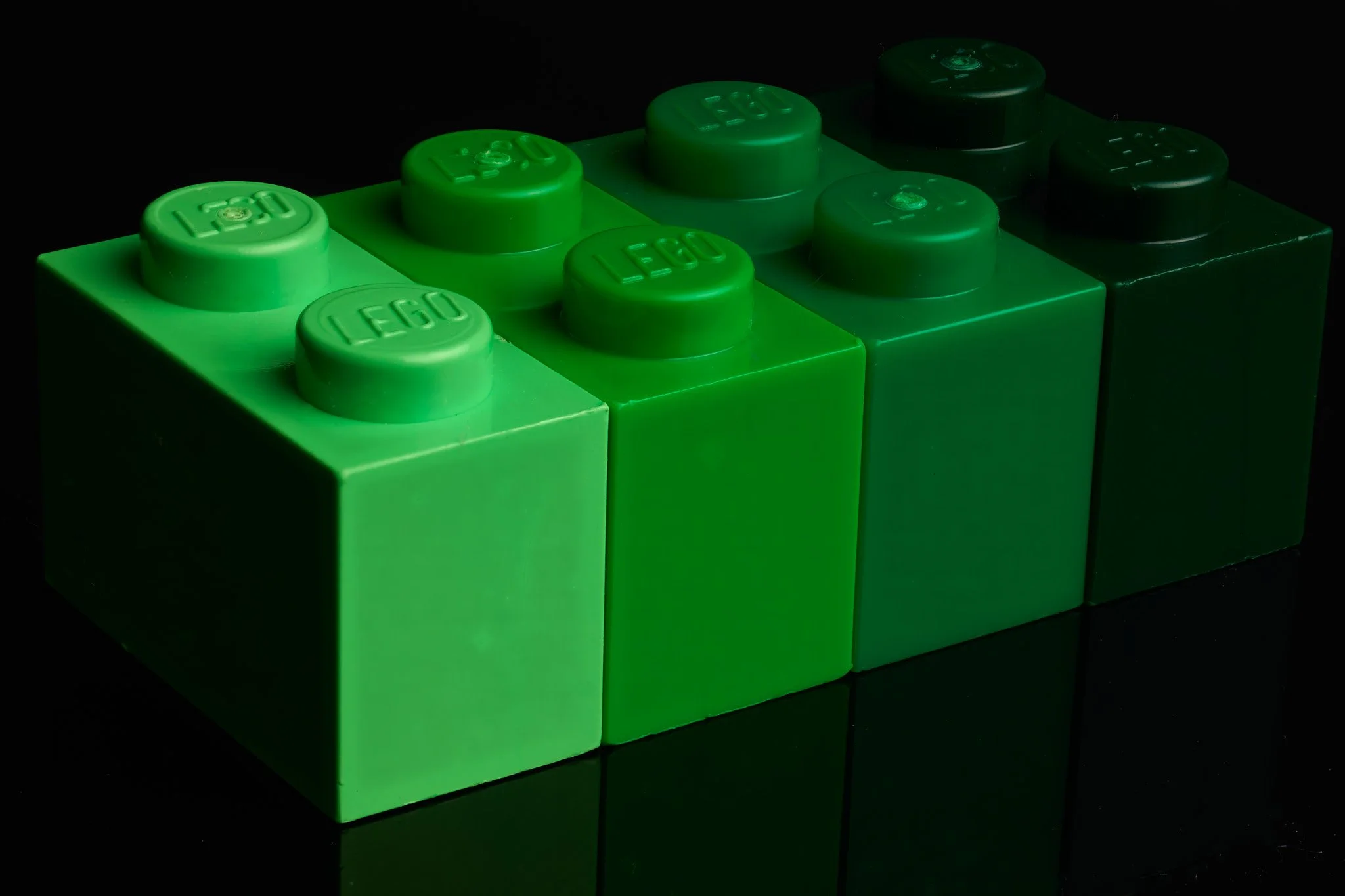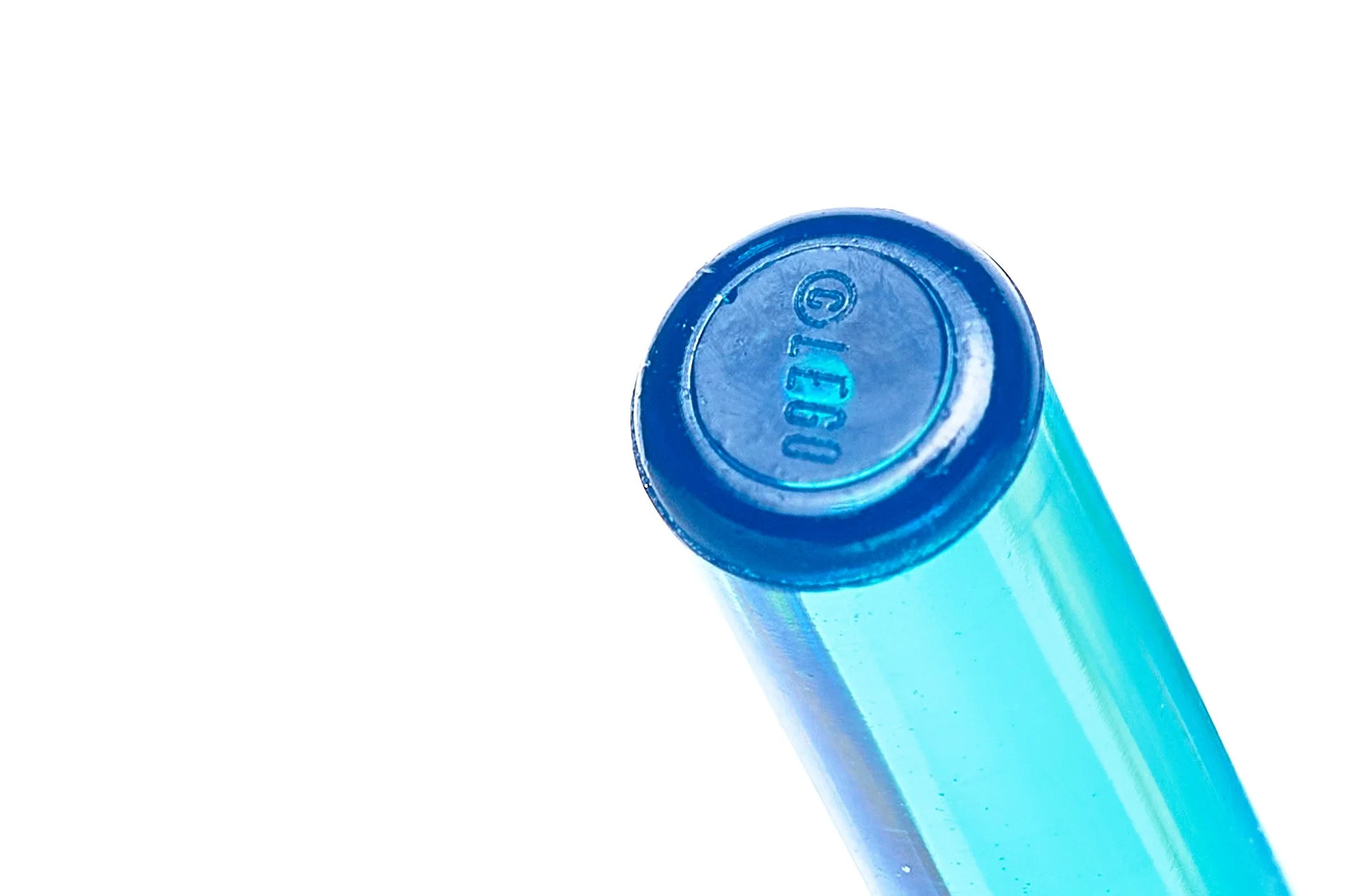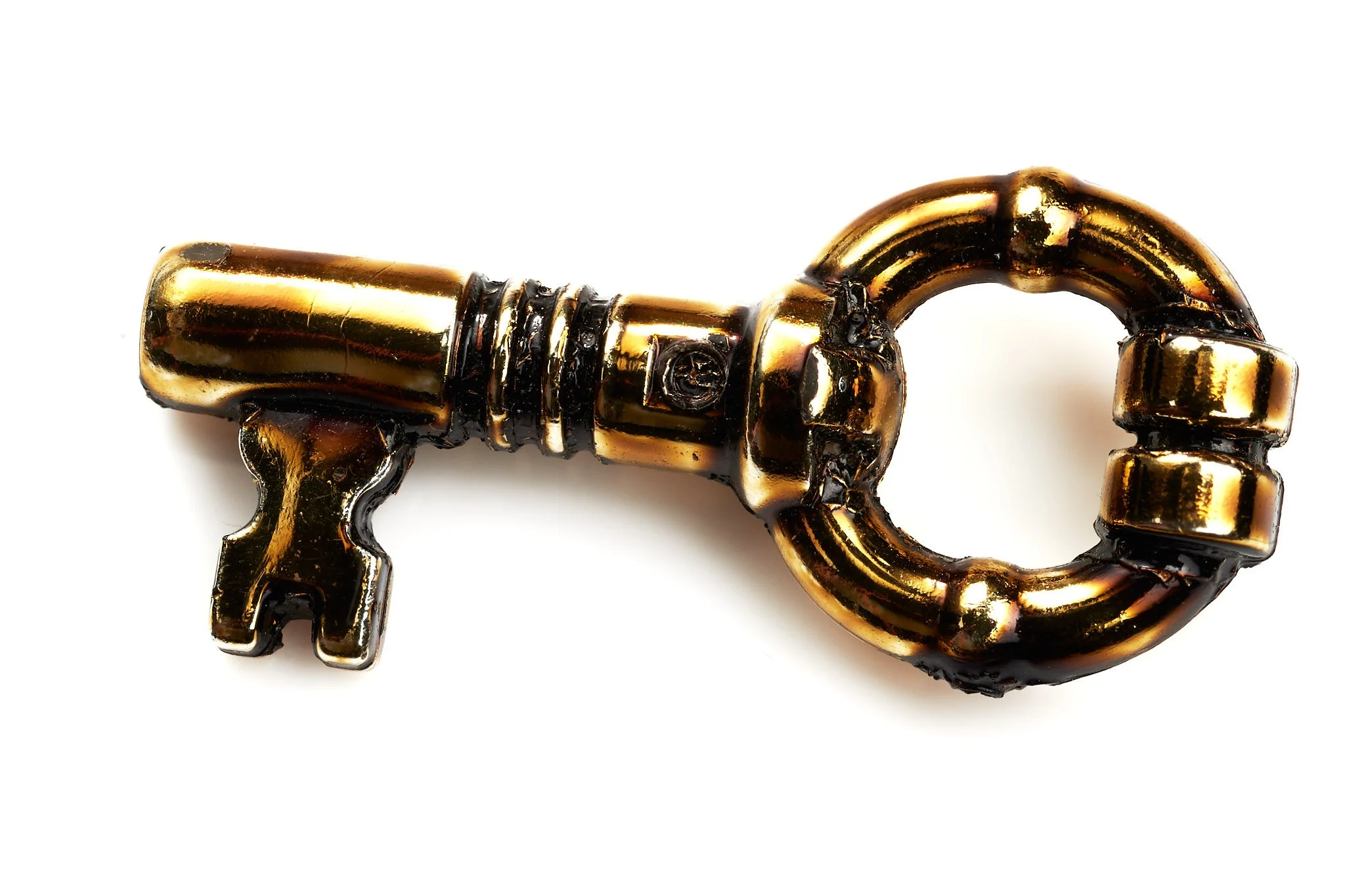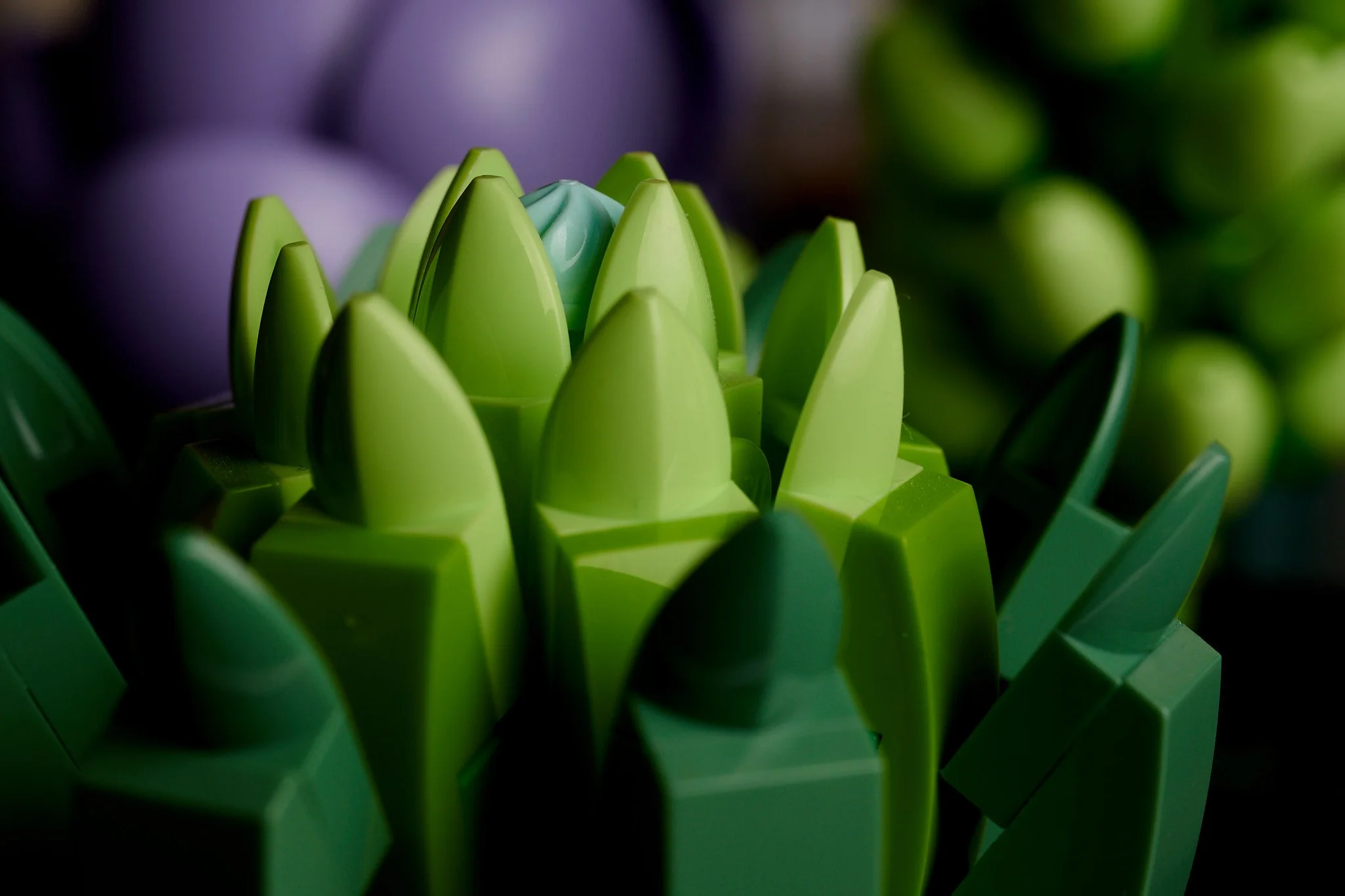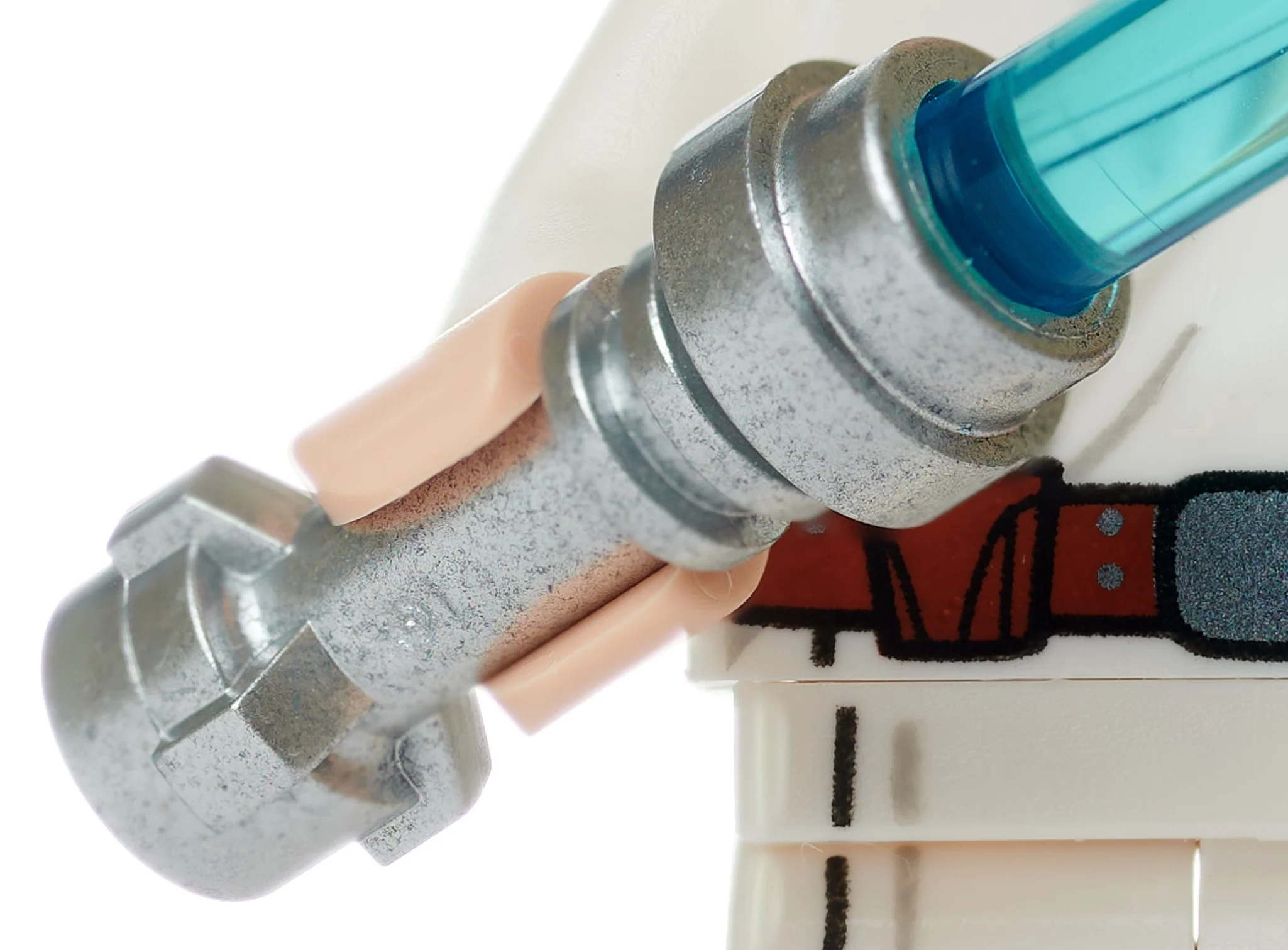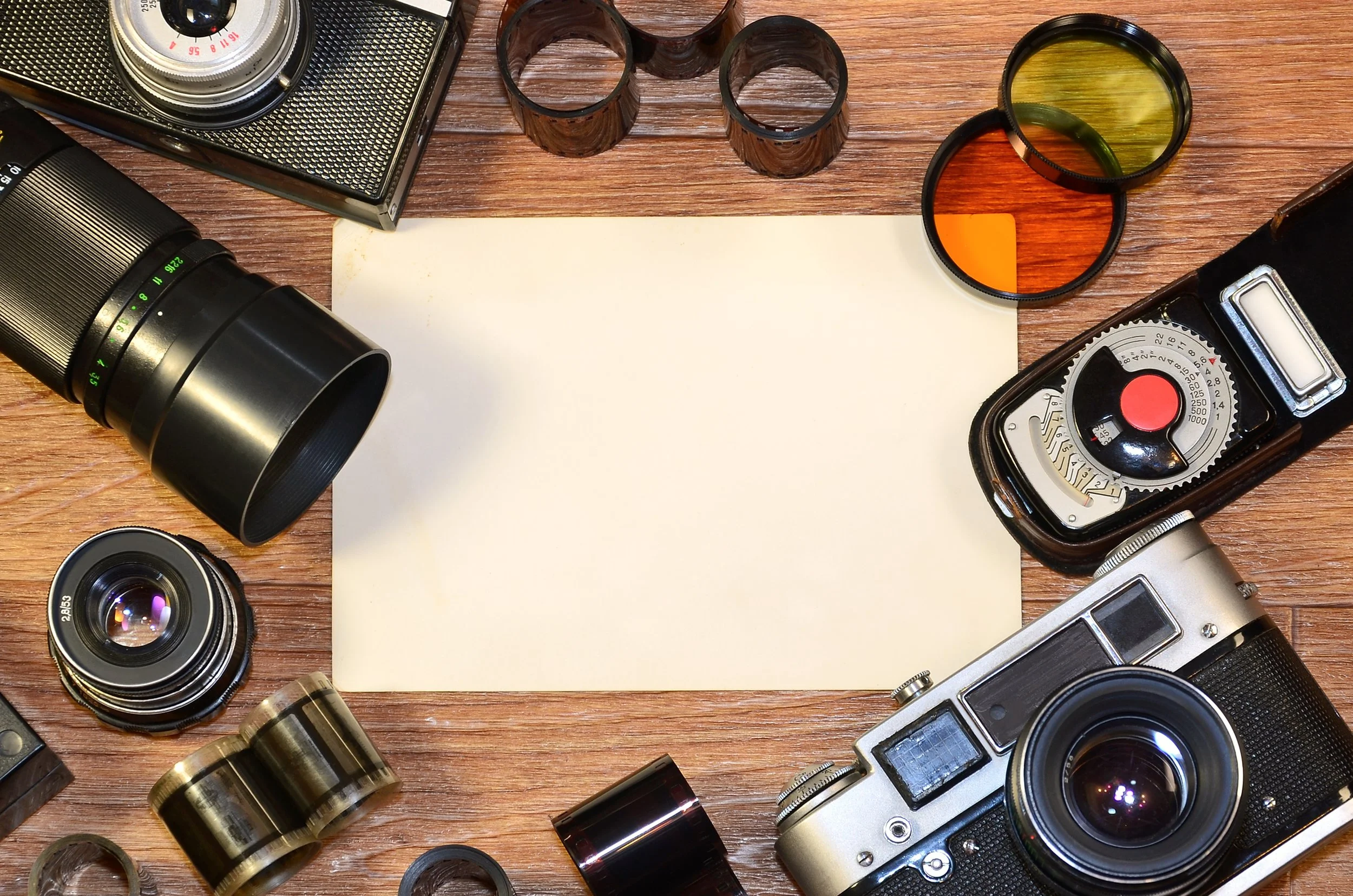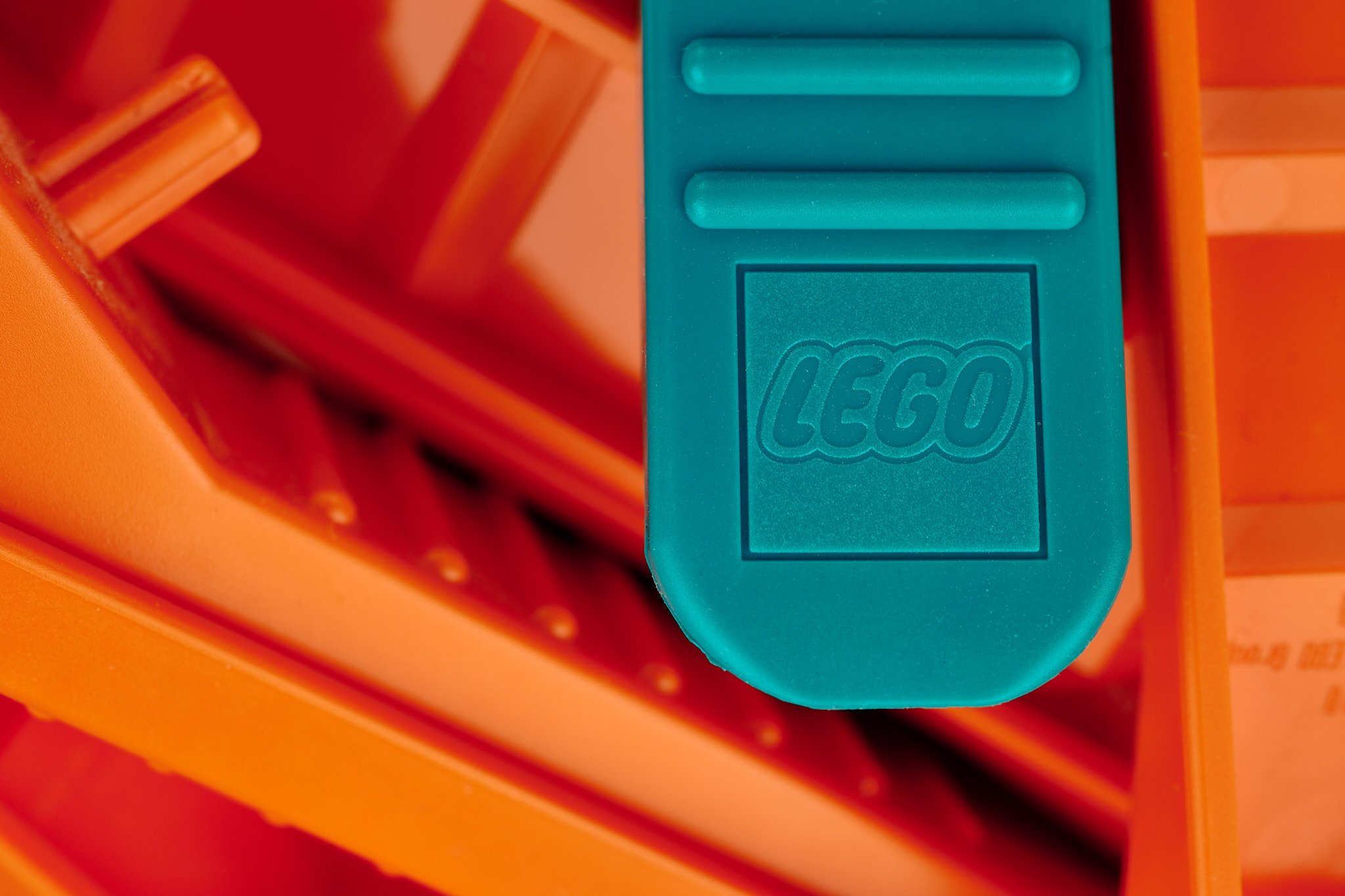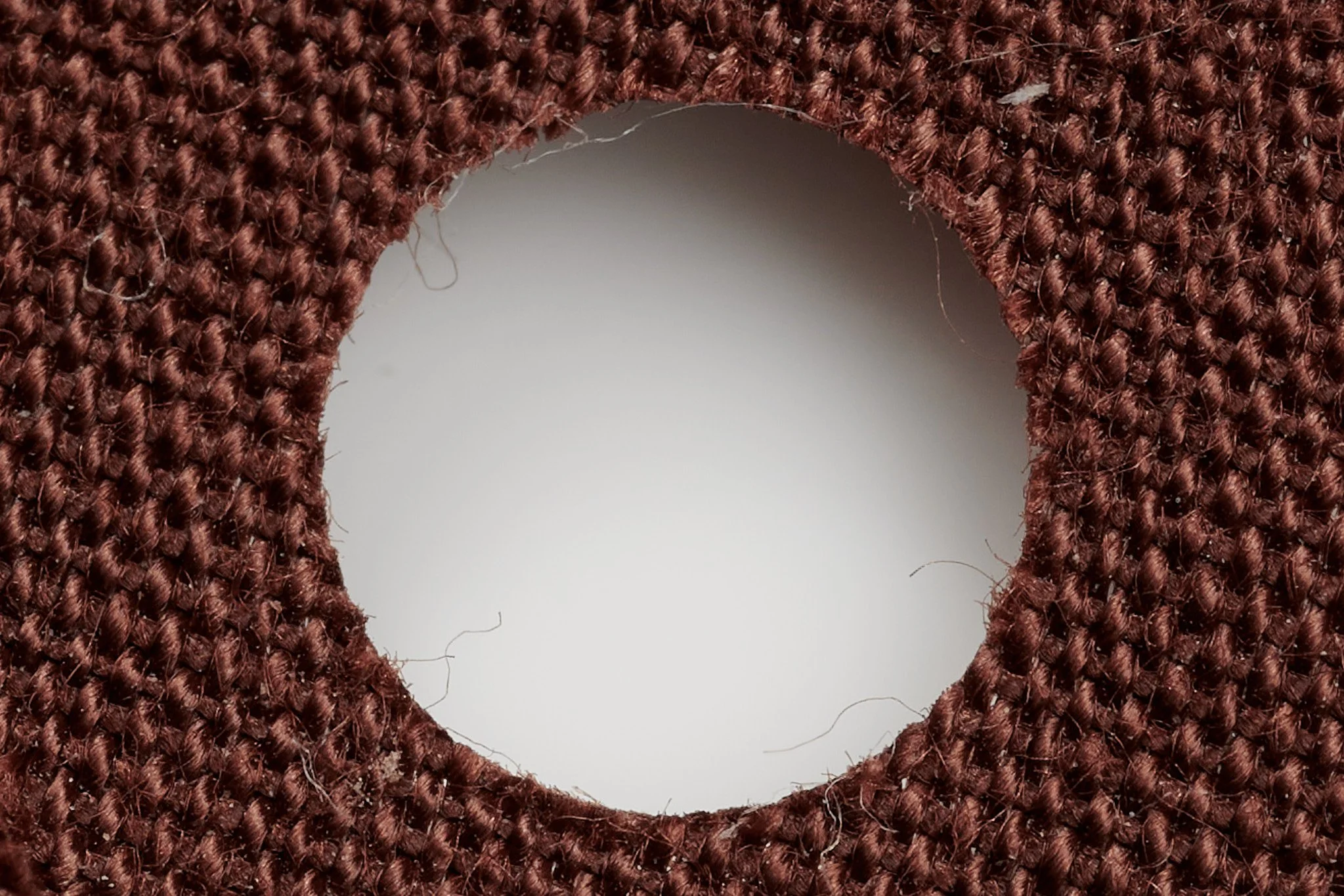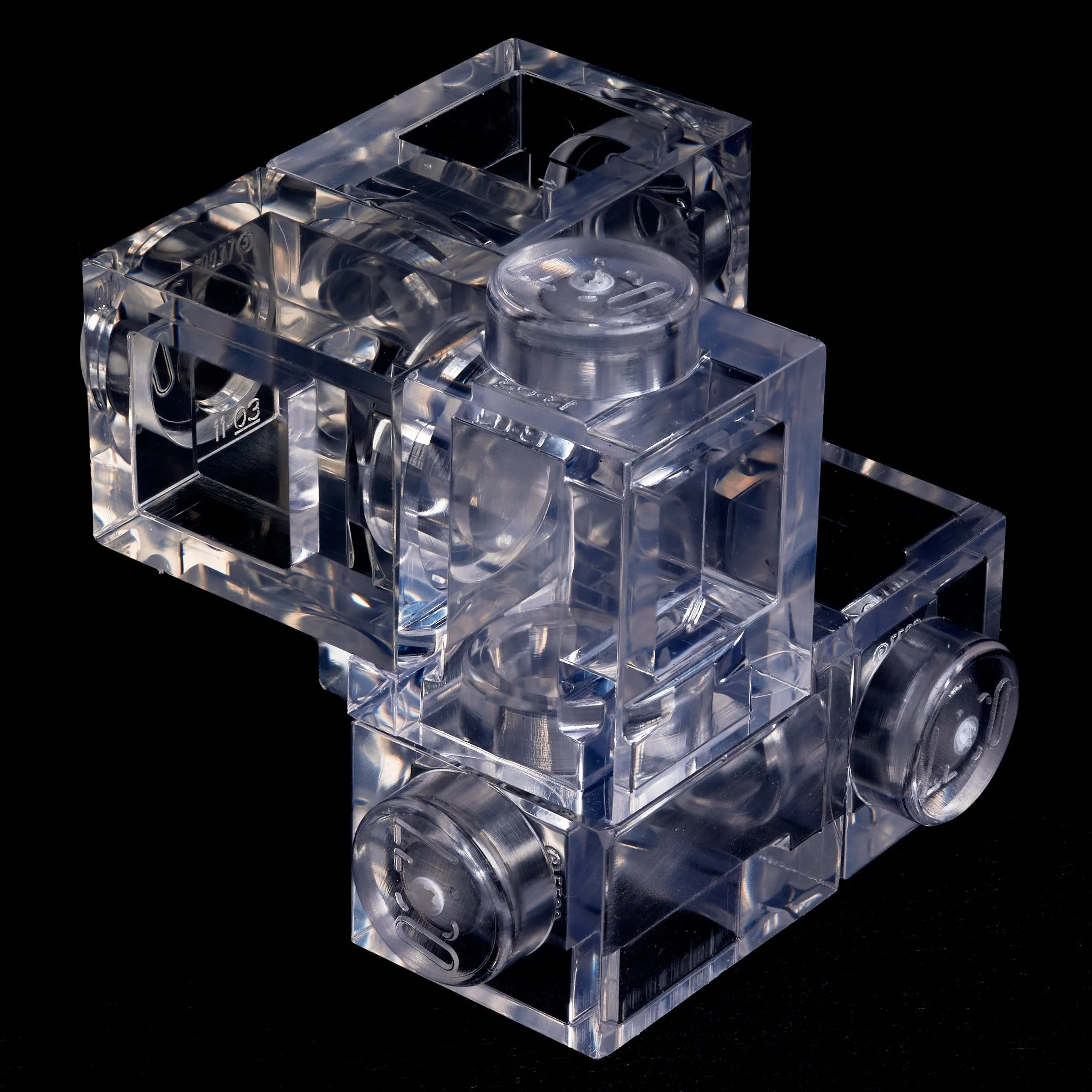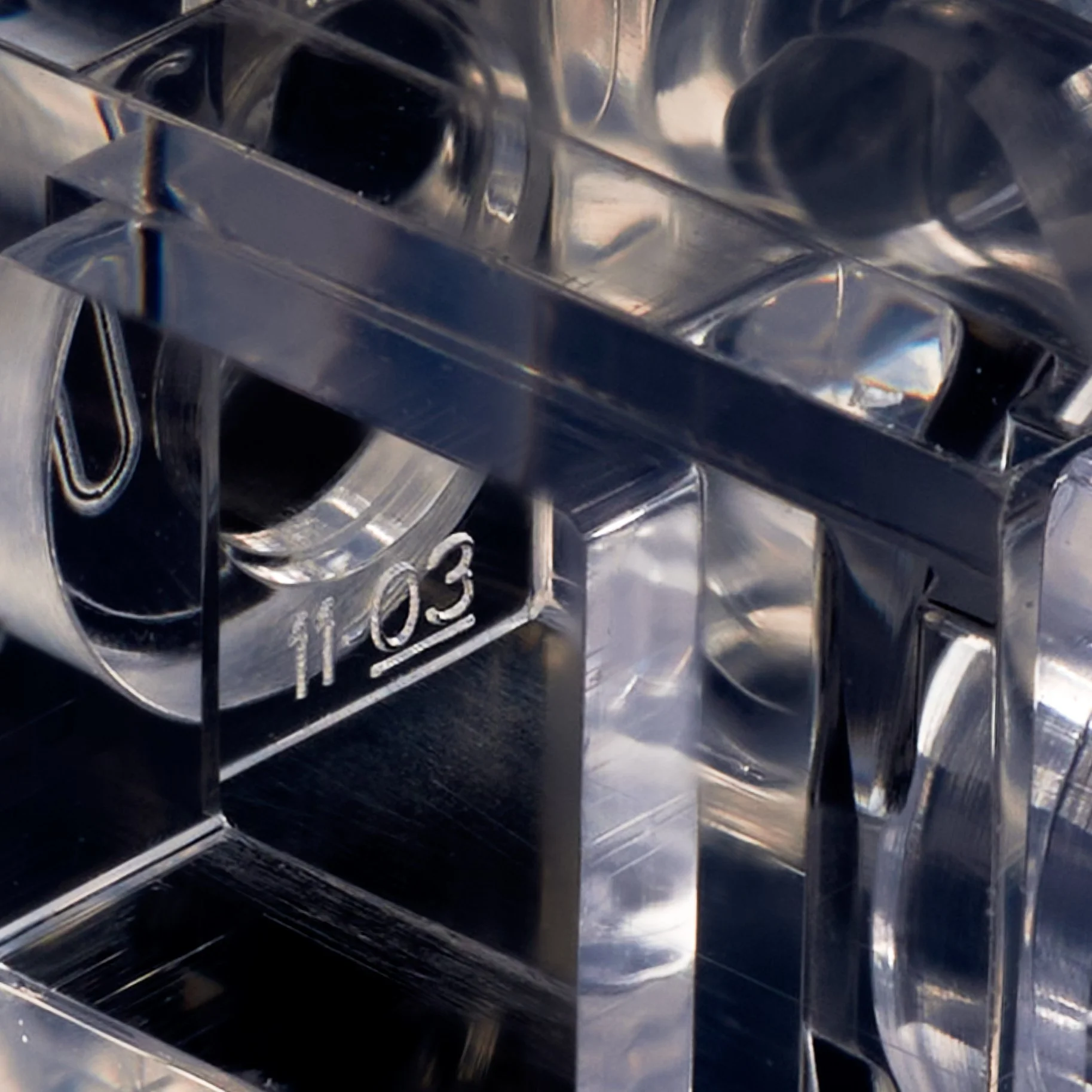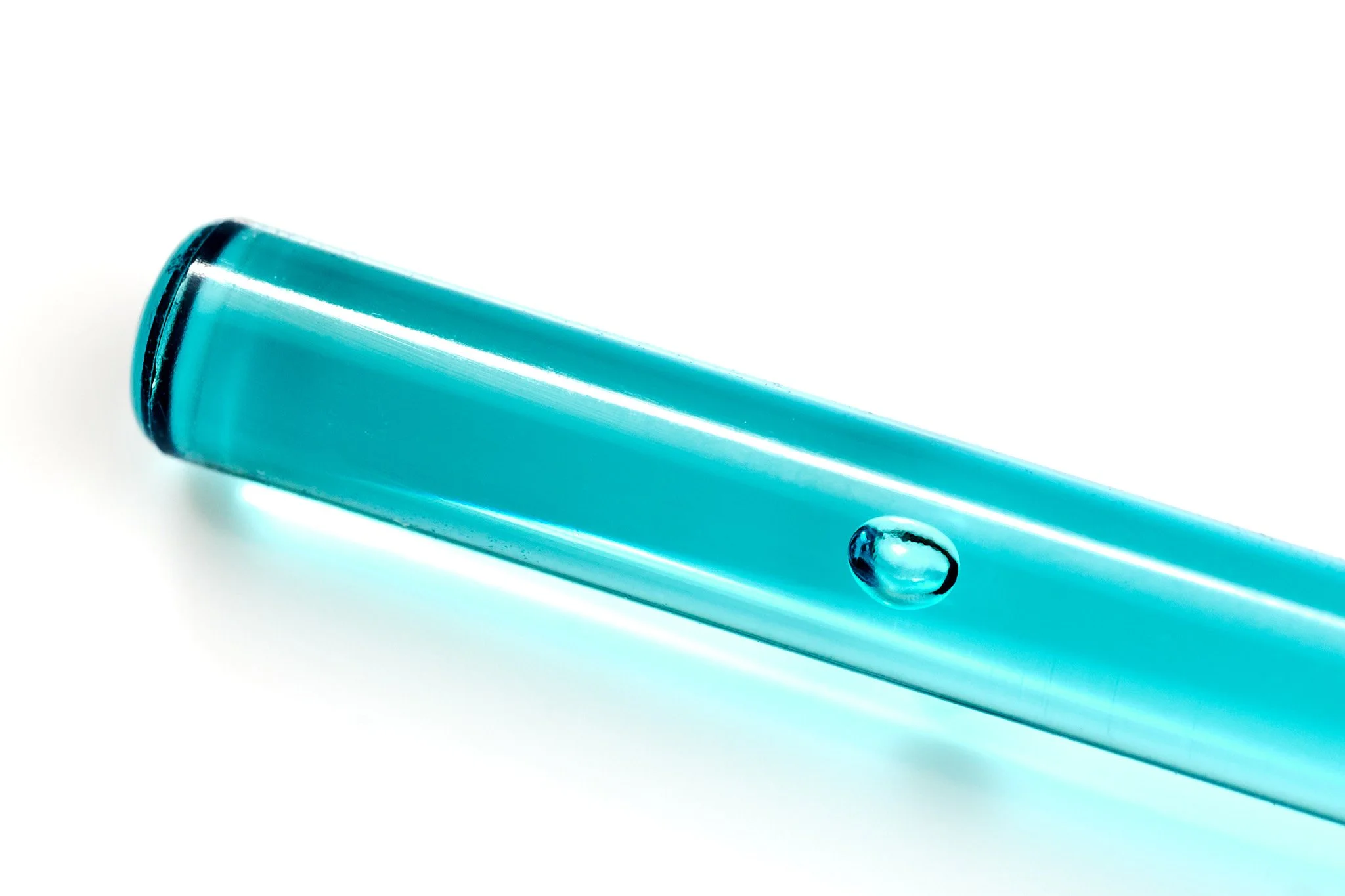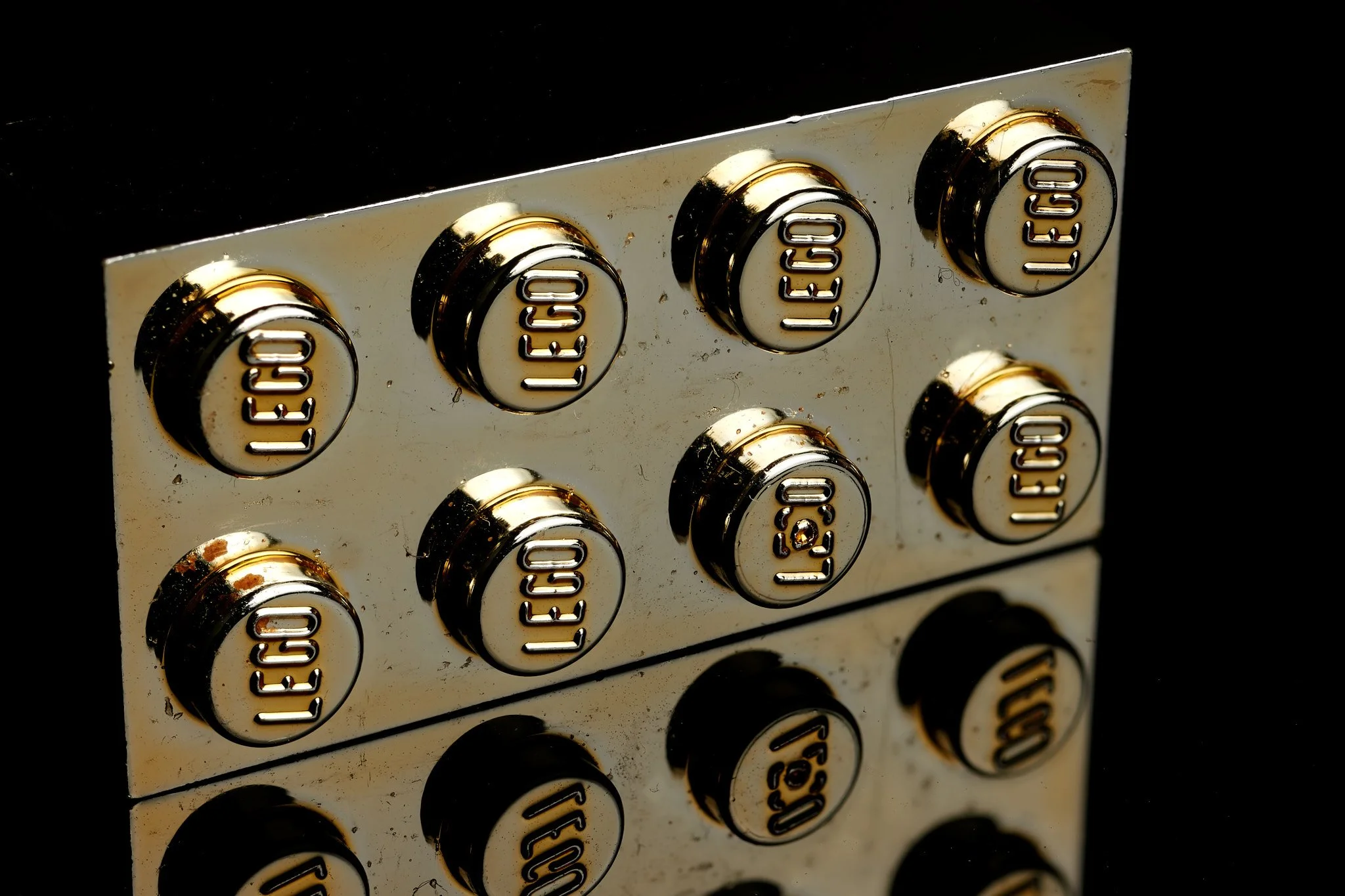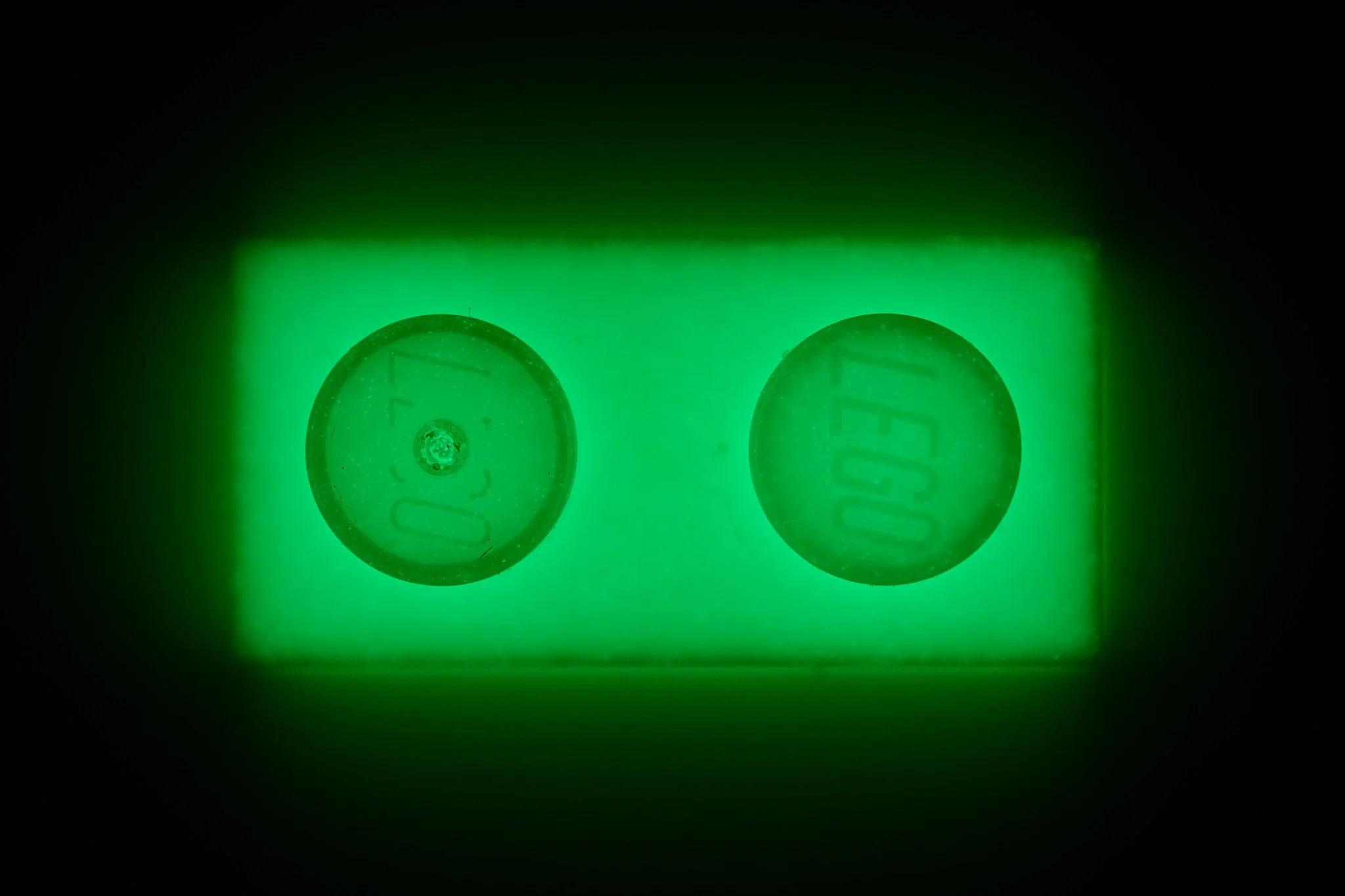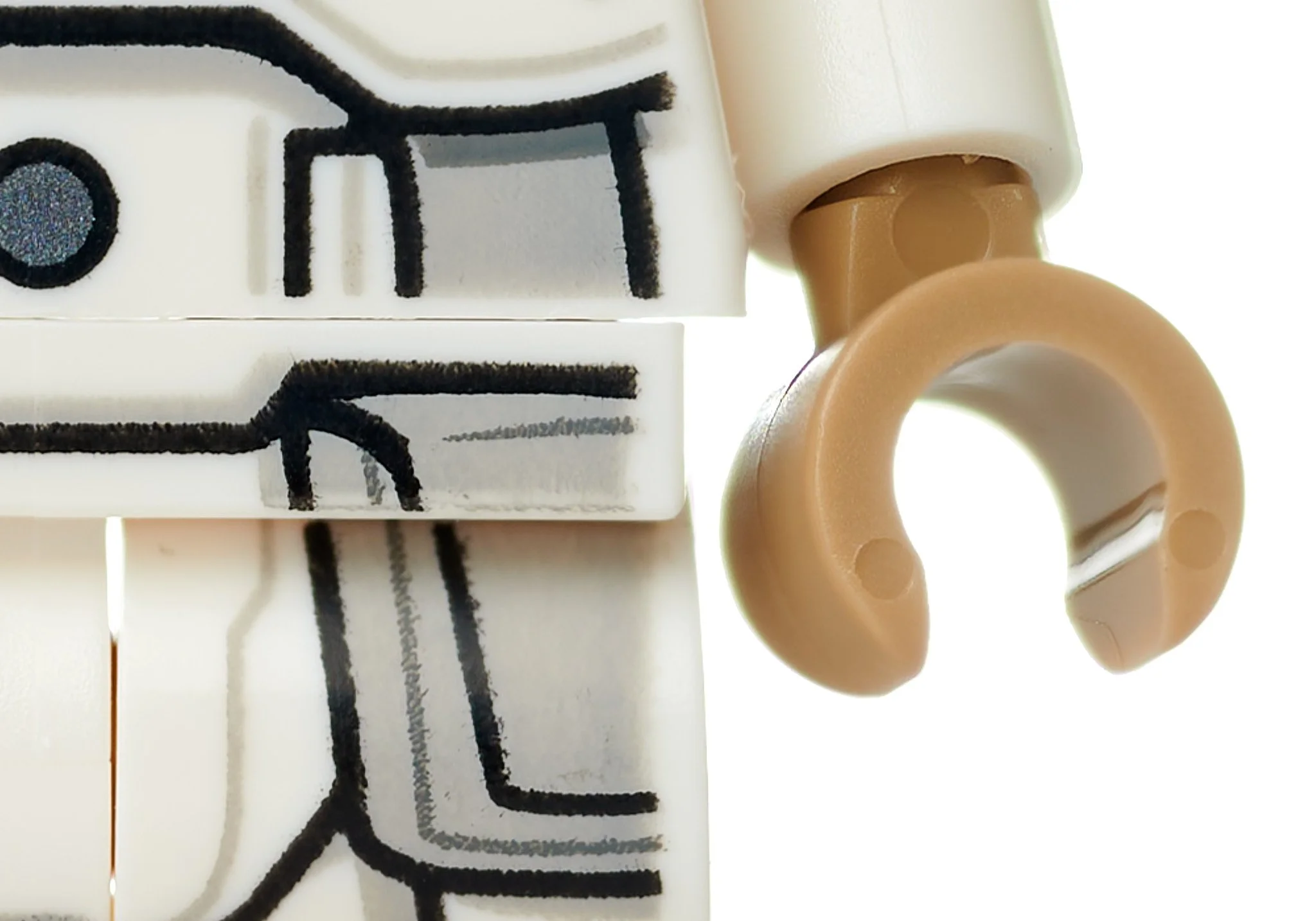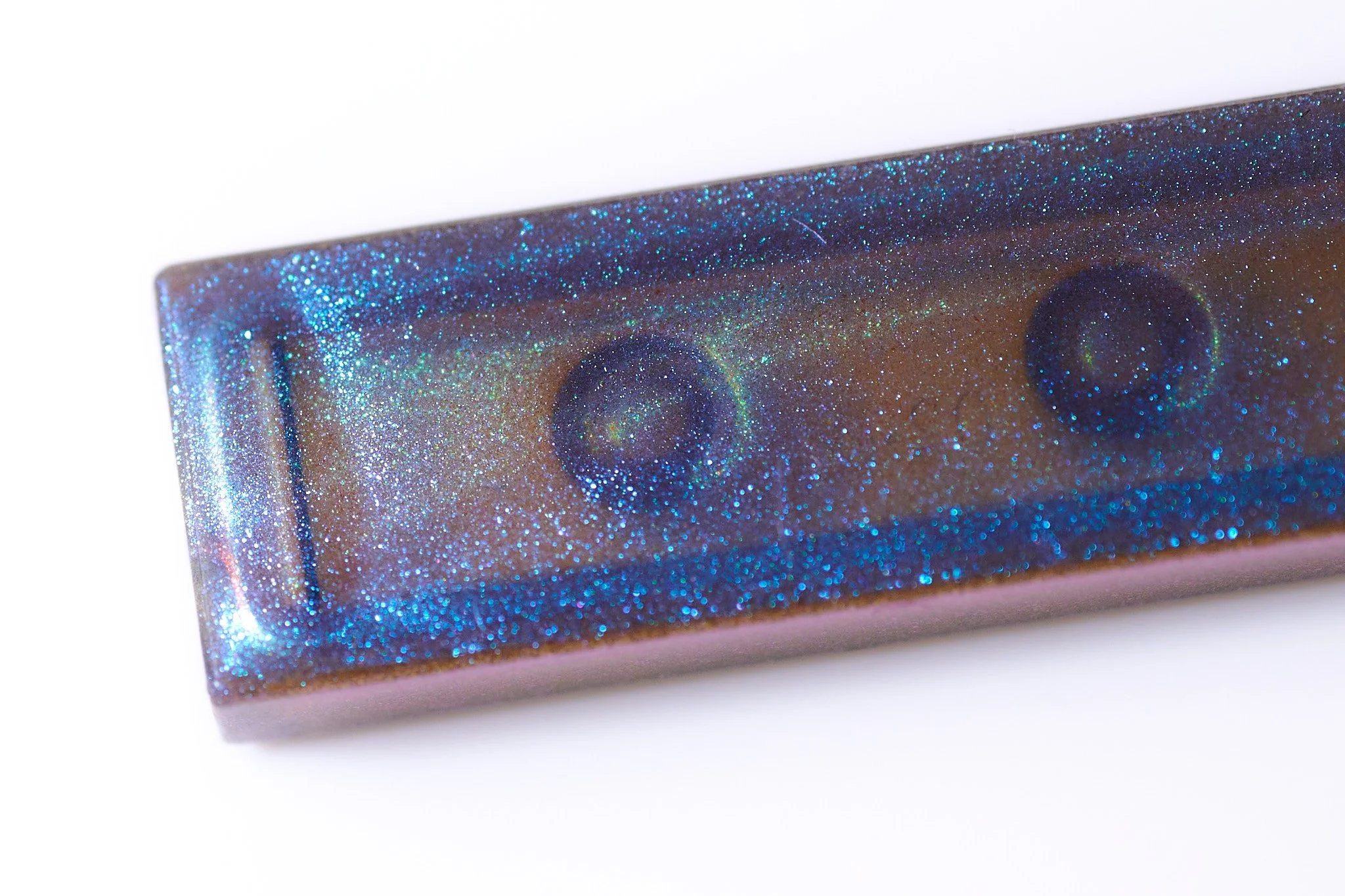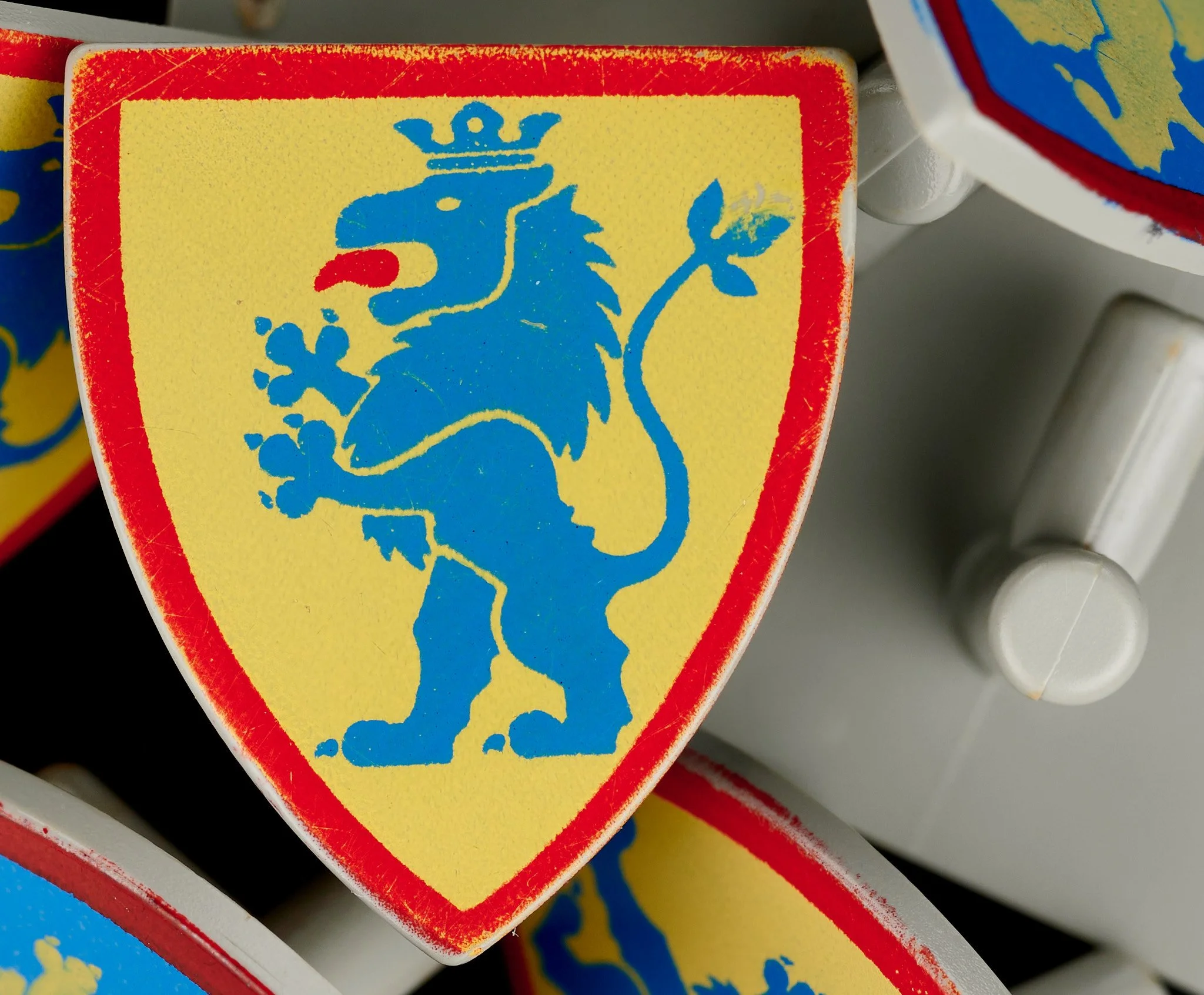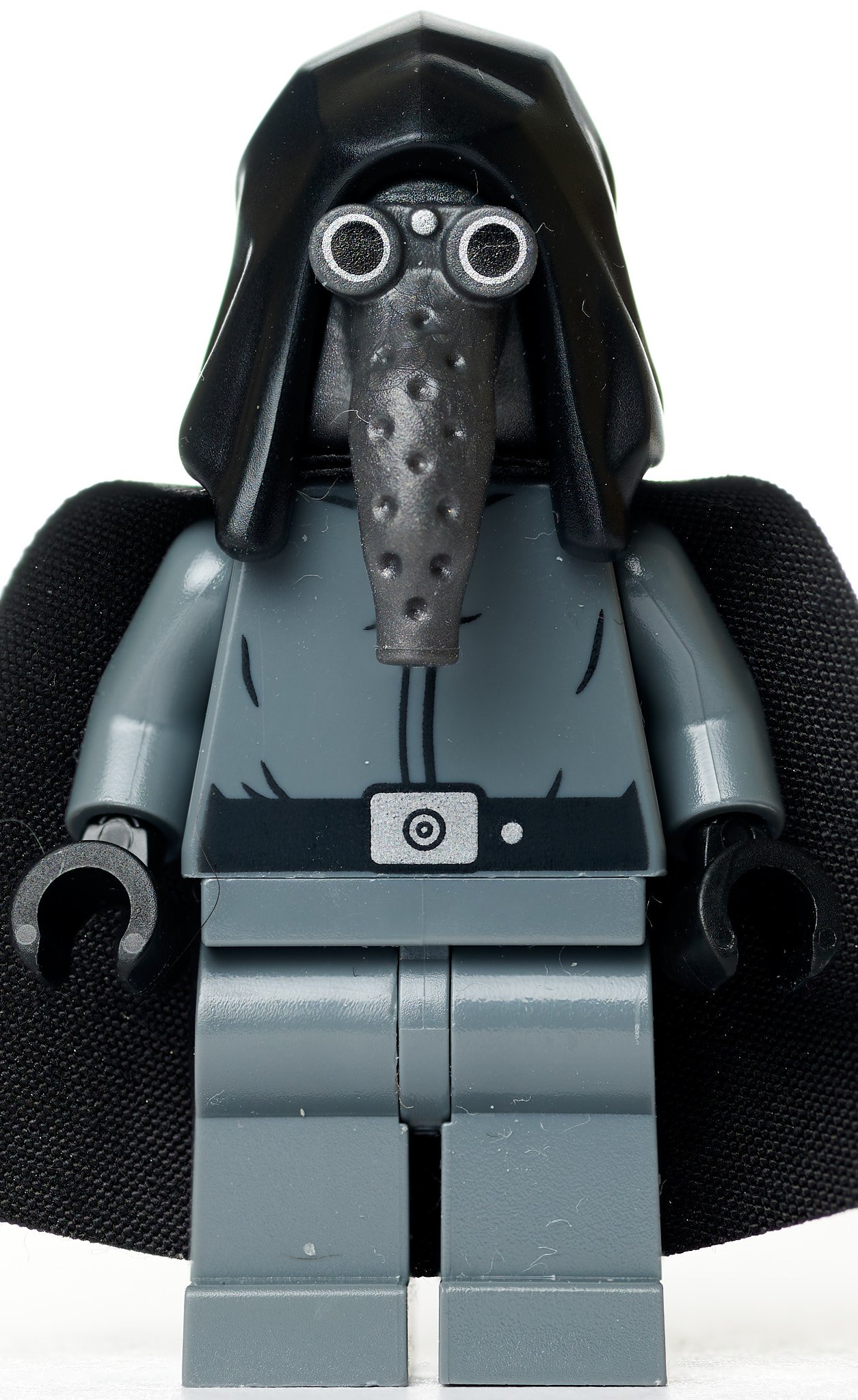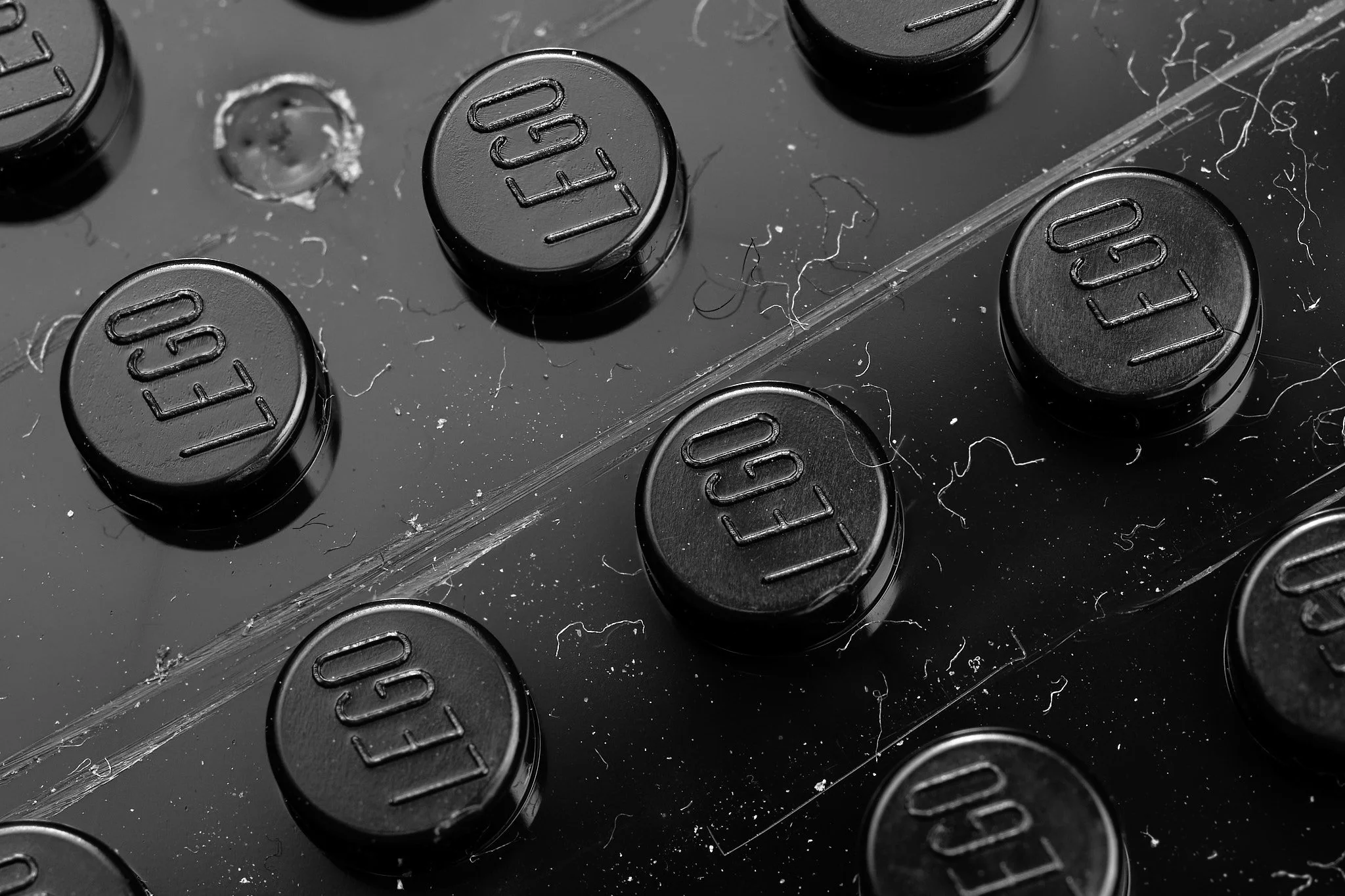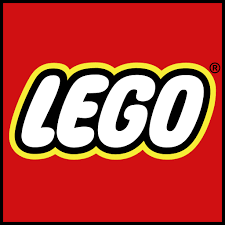Magnifying the Macroverse: LEGO Under the Microscope
/LEGO can be a compelling subject for macro photography and provides limitless opportunities to shoot great photographs, as well as allowing us to see the invisible, yet beautiful intricacies of the LEGO ecosystem. So let’s get up close and personal. This is LEGO, under the microscope.
Image by Chris Clarke. Close up of Benny the Spaceman Minifigure
Macro Photography
There are many genres of photography; landscape, portrait, product, street, travel, and wildlife—and despite not being particularly good at any of them, macro photography has got me hooked. It lets you see invisible details just underneath our visual perception, and uncovering these little secrets is both enthralling and addictive…but also utterly revolting, as we shall see at the end.
I got lazy and asked ChatGPT to give its definition of macro photography, and this is what it came up with:
“Macro photography is the art of capturing highly detailed, close-up images of small subjects or details, revealing intricacies not easily visible to the naked eye, using specialised lenses or accessories designed to achieve close focusing capabilities.”
Image Sourced from Envato Elements under licence.
That’s pretty good, but I would add an extra word: ‘Bugs’. Macro photographers love bugs. This is despite them being a technically difficult subject to capture. Windy conditions can blur the image, lighting the subject is difficult, and bugs tend not to listen to instructions.
And that’s where LEGO comes in. It is a much easier subject for beginners like me. It has major advantages in that all three of the above challenges disappear in an indoor, windless environment where you have total control over the lighting, and most importantly, Benny and friends are going to stay put while you press the shutter release.
Image by Chris Clarke. 1x2 Bright Light Blue brick with raised LEGO logo
Learning Resources
But before we dive in, I want to share some resources I’ve found particularly useful as a beginner. Photography Life provides a down-to-earth, jargon-free, and budget-conscious guide for newcomers to the field, that really helped me get going with photography.
Its learning resources not only cover macro photography but all aspects of a hobby that requires a wide breadth of knowledge. If macro photography appeals to you, their comprehensive guide to macro photography and their advice on equipment are two very good starting places.
But, although it is useful, we’re not here for just photography tips—this is all about LEGO. So let’s delve into the hidden world of LEGO, ‘under the microscope’.
Simply Glittering
We start with the humble Glitter Tans Light Blue 1x2 Brick. What appear as faint sparkles from our perspective reveal themselves as miniature flakes of fine silver leaf, similar to a snow globe, but encased silently, and indefinitely in their transparent sarcophagus…
…and it also reminds me a bit of Goldschläger.
Image by Chris Clarke. Glitter Trans Light Blue 1x2 Brick
New Blood
In 2022, The LEGO Group released three new solid colours including Neon Yellow (primarily for emergency vehicles and impairing eyesight) and two new skin tones, Medium Brown and Medium Tan. Neither have yet made their way beyond the Minifigure and Mini-doll ecosystem, but here’s hoping. Medium Brown in particular is a lovely colour, and provides a more subdued, and perhaps ‘real life’ appearance than Reddish Brown. [Edit: As of June 1, Medium Tan is available in a few bricks in a new BrickHeadz set.]
Image by Chris Clarke. Minifigure Heads with the new Medium Brown and Medium Tan colours
Minifigure face prints look immaculate at a normal distance, but on super-zoom, you can see the small ink splashes and other imperfections from the printing process, and like Benny up top, they look almost like an ‘impressionistic’ piece of art. Each time you take a macro shot of a minifigure head, you never know what you’re going to get—and that’s one of the real pleasures of the genre.
Image by Chris Clarke. Extreme Close up of Medium Tan Minifigure Head.
The history and technical aspects of one of the world’s most famous (and classic yellow) smiles can be found in Bailey Fullarton’s excellent article as part of BrickNerd’s ‘Behind the Design’ series.
Imposter Syndrome
The retired Medium Green (left) joins the current three Greens on the LEGO palette, and it doesn’t look at all out of place in the line-up. Is there room in the palette for a return? Spring Yellowish Green would be its main competition, but has a much higher mix of yellow, so could be argued is well differentiated from its predecessor.
Image by Chris Clarke. Four shades of 1x2 brick: Medium Green, Bright Green, Green and Dark Green
To The Point
A simple shot of Luke’s Lightsaber from 75290 Mos Eisley Cantina. I think it is 8 LEGO Dimension Unit (LDUs) across, which would make the tip about 3 millimetres / 0.12 inches. I’d never appreciated measuring in LDUs until I read Chris Roberts’ splendid BrickNerd article on the subject.
Image by Chris Clarke. Trans Light Blue Luke Skywalker Lightsaber
Sand Red Disco
Every time I put an order in on BrickLink, I always check to see if the store has any Sand Red pieces available, and for no logical reason other than to snaffle a few of them to add to my growing pile. It is a cruel and much-misunderstood addiction.
Image by Chris Clarke. Various Sand Red LEGO Parts
Antique Key
I am 90% certain this color is Chrome Antique Brass rather than Chrome Gold (based on the numbers available on BrickLink), and if so, is one of only two parts to use the colour. If I didn’t know better, it almost looks like the real thing and wouldn’t look out of place at an antique fair. If you want to learn more about colours that have only been used once, I recommend reading Teresa Elsmore’s article on the subject.
Image by Chris Clarke. Antique Chrome Brass LEGO Key
Headdress In Distress
Finding a ‘perfect’ sw0309 Shaak Ti headdress is a grueling task. The sample on the left looks OK from a normal distance, and the one on the right looks immaculate, but still not quite perfect on zoom… the search continues.
Image by Chris Clarke. sw0309 Shaak Ti Minifigure Headdress
Legal Tender
70501c Chrome Gold coins show the perennial technical issue of paint scratches, meaning this colour is reserved only for ‘special occasions’. A heist on 10251 Brick Bank may be in order to obtain some, but given its prices on the aftermarket, the receptacle holding the coins, maybe more valuable than the coins themselves.
Image by Chris Clarke. Lego Currency
Greensleeves
10309 Succulents provide the subject of the image here. This is one of the few pictures in the article to contain a proper background due to the time needed to prepare appropriate settings for each object. Also, the purpose of this article is to highlight the LEGO itself, rather than produce the best possible photograph, so it’s mainly simple black and white backgrounds throughout.
Image by Chris Clarke. LEGO 10309 Succulents
Cool Hand Luke
LEGO minifigure hands are surprisingly beautiful close up (see below). Still, the Lightsaber Hilt is the star of the show here, showing off its fine and complicated structure which make it look like it actually carries some serious weight.
Image by Chris Clarke. LEGO Luke Skywalker Minifigure hold Lightsaber Hilt.
Mono
One of the main drawbacks of Macro photography is the dust and hair that become immediately visible at close range. Dusting is essential to save time in the post edit, but with these 1x1 plates below, that process is difficult, and a lot of time had to be spent in the edit getting rid of every tiny piece of debris.
Image by Chris Clarke. LEGO 1x1 plates in monochrome colours.
Intermission
Asking me for photography tips is like asking Tony Soprano to lay out the fine intricacies of quantum mechanics—it would be incredibly hubristic of me to dole out advice with my limited abilities. But what I can do is share some of my own experiences as a beginner, some of which I think I would have found useful myself when I started out 12 months ago.
My overarching takeaway is that photography is not like learning the piano, which is a linear process guided by a tutor. If you turn up each week for your lesson and practice a little most days, you will see improvements quickly.
But for me, photography felt like learning to play 10 different instruments simultaneously, with no one-on-one guidance and only books and online resources to learn the art form. It contains such a wide breadth of disciplines, many of which you need to have at least awareness of in the beginning.
Image Sourced from Envato Elements under licence.
The camera itself is nowhere near as important as the majority would think, but that seems to attract most of the attention of budding new photographers, including myself. After many months of stress, trial and error, I came to the conclusion that the best approach for me was to learn the following four areas in tandem and in equal measure, taking very small steps, and remembering that you’re not meant to know everything straight away.
Composition: Learn how to arrange an image in a way that’s visually compelling… a nice, easy starting point is the rule of thirds.
Light: Covers a wide range of aspects including natural light, indoor lighting modifiers, filters, hard and soft light and temperature to name a few. Shooting in ‘golden hour’ is a nice, easy entry point.
The Camera: Learn to use the functionality of the camera and accessories such as lenses and tripods to accurately capture your composition in the lighting situation you are in, and includes understanding shutter speed, aperture and ISO.
Post-Processing: Use software like Capture One, Lightroom, GIMP and/or Photoshop to finesse the image you created in steps 1 to 3.
This can be distilled into a loose order of (1) frame it, (2) light it, (3) capture it (4) edit it. But again, remember that learning just a little in each of those areas will quickly break down those barriers to entry. Barriers that result in so many new, decent cameras left in people’s cupboards, barely used.
And now back to the main feature: macro photography!
Brick Separator
Inspired by John Cooper’s excellent history of Brick Separators, and yes, it is a second photograph with a proper background.
Image by Chris Clarke. Lego Brick Separators in Orange and Dark Turquoise.
Cape Hole
The hidden texture of the minifigure cape is both surprising and stunning close up. The hole for the minifigure’s neck is only about 5 millimetres in diameter making the width of the photo around just 1 centimetre / 0.4 inches.
Image by Chris Clarke. LEGO Minifigure Reddish Brown Cape Close up
Boutique Art
The Easter Egg sculpture from the El Cubo Fine Art Gallery next door to the 10297 Boutique Hotel. There is a nice view of the mold number on the left. ‘03’ is the mold number, and 11 is the position this piece occupied in the mold.
Image by Chris Clarke. 10297 Boutique Hotel Art Gallery Centrepiece (Creator Expert Easter Egg).
Here is the hyper-zoomed-in version of the same shot. Of the six transparent headlight bricks that make up this sculpture, I had mold positions numbers 11, 12, 13, 15, 15, and 16… it was nice to get a solid pair but disappointed to miss out on the straight. Maybe next time.
Image by Chris Clarke. Close up on LEGO mold number on a Transparent 1x1 Headlight Brick.
Eternity Bubble
There isn’t too much to say about this one, and best to just stare at the beauty of the trapped pocket of oxygen, suffering the same fate as those tiny flakes of silver foil above. I’d guess the bubble is around 1 millimetre / 0.04 inches.
Image by Chris Clarke. Bubble Encased in Trans Light Blue Lightsaber
Chrome Gold
This is a ‘new’ brick that has not been used, but the markings on the surface clearly show the difficulty of mass-producing parts in this colour for any kind of play along with a patina from play. No wonder LEGO uses metallic ink to paint their shiny bricks now.
Image by Chris Clarke. Chrome Gold 2x4 Brick with clear imperfections.
Spooked
I missed a trick on this one realising only too late that the element 30238 Spider was available in Glow in the Dark White. That little critter would have provided a great link between LEGO and macro photography’s most popular subjects. So it goes.
Image by Chris Clarke. Lego Glow in the dark white 1x2 brick glowing in the Dark
[Editor coming in clutch… Here’s that Glow in the Dark Spider using the macro settings on my cell phone’s camera. You’ve gotta use what you’ve got!]
Image by Dave Schefcik. Lego Glow in the dark white spider glowing in the Dark
Empty Handed
This shot of a Snowtrooper from 75320 Snowtrooper Battle Pack shows just how smooth and precise the curves of the LEGO minifigure hand are, and definitely are one of the most attractive LEGO parts when photographed up close.
Image by Chris Clarke. Close up of Lego Snowtrooper Minifigure hand from 75320 Snowtrooper Battle Pack
Dual Moulded
Here we see the joins on the dual molded legs of sw1043 Imperial Officer from 75252 UCS Imperial Star Destroyer (Mark II). But, after a re-read of Will Hafner’s BrickNerd article on molding, is this really overmolding? You learn something new every day.
Image by Chris Clarke.Close up of LEGO sw1043 Imperial Officer from 75252 UCS Imperial Star Destroyer (Mark II)
Satin Trans Black
This is where my beginner photography skills become apparent. It was very tough to get an accurate image of the silky surface of this Satin Trans Black tile. And although the image does not best represent the real life view, it still has some merit, showing the tiny flashes of speckled light on the surface.
Image by Chris Clarke. LEGO Satin Trans Black Tile
1984 and All That
I’m a sucker for sentimentality, and the distressed appearance of this shield from 6080 King’s Castle is the result of a long story that started four decades ago with my brother and I. This playwear has been continuously added to ever since by the numerous young relatives that happened to spend time at our parents’ house.
Like the graffitied initials carved over the centuries into the walls of real historical castles, the stories behind its appearance will gradually fade out of memory as more decades pass by, and they acquire new custodians. It makes me feel a little melancholy to think about it… but I’ll be over that in a second when I finally get hold of 10305 Lion Knights’ Castle.
Image by Chris Clarke. An ‘antique’ LEGO shield from 6080 King’s Castle.
‘Hell Is Empty, and All The Devils Are Here’
I very much enjoy macro photography and hope you’ve got something out of it too. But more importantly, I hope it may have persuaded any budding photographers to get started, or perhaps retrieve the camera that’s been neatly tucked away in the cupboard and get shooting.
But before you do, it would be remiss of me not to warn you that as well as being enthralling, macro photography can also be utterly revolting. Just under our visual perception lurks dust, hair and other pieces of household debris we would not like to think about. As well as being gross, it is time-consuming to erase these distracting items in Photoshop. A simple removal of dust from the subject can save hours in post-editing.
Dust Devil
This is a fairly mild example of sw1127 Garindan, from 75290 Mos Eisley Cantina. I forgot to dust the infamous Imperial spy before shooting, and it cost me a good 45 minutes to edit it out after.
Image by Chris Clarke. Close-up of sw1127 Garindan, from 75290 Mos Eisley Cantina covered in dust
Scratching the Surface
This one is even worse, maybe a PG-13. You can see the scratches from the large brick separator… and even the world’s worst detective would be able to deduce there was a cat in close proximity.
Image by Chris Clarke. 16x16 technic brick from 31203 World Map and used predominantly in LEGO Art sets.
I have many more that are much worse, but I think not appropriate to post R-rated images on a family-friendly website like BrickNerd.
Nowhere is Safe
But don’t expect to avoid these horrors by focusing on other subjects outdoors—you never know where and when you may come across any number of demonic lifeforms. Zakipurnomo21 who took this splendid image had the courage to go face to face with this foul insect.
Image by Zakipurnomo21, Sourced from Envato Elements under licence.
I’d have run a mile, locked the doors, and gotten the LEGO bricks back out… cat hairs under macro photography don’t seem too much of an issue now!
What would you want to see close up that is LEGO or bug related? Leave your thoughts in the comments below.
Do you want to help BrickNerd continue publishing articles like this one? Become a top patron like Charlie Stephens, Marc & Liz Puleo, Paige Mueller, Rob Klingberg from Brickstuff, John & Joshua Hanlon from Beyond the Brick, Megan Lum, Andy Price, John A. and Lukas Kurth from StoneWars, and Wayne Tyler to show your support, get early access, exclusive swag and more.

